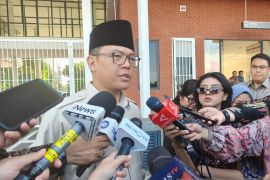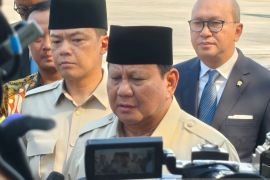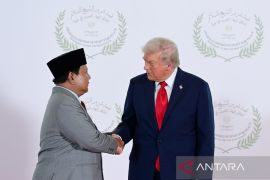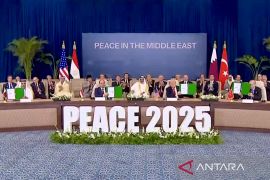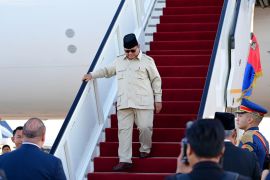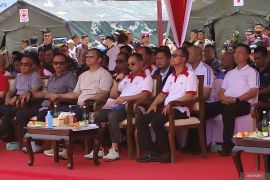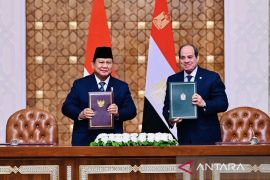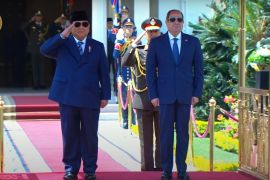In a phone call Friday to Field Marshal Hussein Tantawi that underscored Washington`s dismay over the issue, Panetta also thanked the military chief for his "prompt decision to halt the raids," press secretary George Little said in a statement.
US officials earlier said Washington received assurances from Egypt that it will stop raids on American and other non-governmental organizations as well as return confiscated property.
Some of the organisations targeted in Thursday`s swoops on 17 offices of local and international NGOs charged that the security force action ordered by Egypt`s military rulers was worse than that under the veteran strongman Hosni Mubarak whom they replaced in February.
European officials had also expressed concern about the implications for the promised transition to democracy in the Arab world`s most populous nation, which is one of the major achievements of this year`s Arab Spring.
"The secretary expressed his deep concern about the raids that took place on December 29 on the offices of American and other NGOs," Little said.
"He also conveyed his appreciation for Field Marshal Tantawi`s prompt decision to halt the raids, and to take steps that will make it easier for NGOs to operate in Egypt."
Panetta also stressed that it was "critical for Egypt to continue on the path to democratic transition" after two rounds of parliamentary elections.
But deep suspicion remains towards the military after days of deadly clashes between troops and protesters demanding an immediate transition to a civilian government with full powers, with many questioning the generals` readiness to hand over the reins.
Rabab al-Mahdi, a political science professor at the American University in Cairo, said recent tirades by the Supreme Council of the Armed Forces (SCAF) against the protesters and campaigns against the most vocal opposition movements were "indicators of a clear attack on voices of dissent".
"The raids on NGO offices have to be seen in the wider context, they cannot be taken in isolation," she told AFP.
Hailed during the uprising for not siding with Mubarak, the generals now face growing discontent over their use of military courts to try civilians and suspicions that they are delaying the promised transition to civilian rule.
"There has been a smear campaign against the whole principle of foreign funding. The latest move is a way to narrow the space for civil society," said Heba Morayef, Egypt-based researcher for Human Rights Watch.
At least three US groups -- the National Democratic Institute (NDI), the International Republican Institute (IRI) and Freedom House -- were targeted in the operation.(*)
"There has been a smear campaign against the whole principle of foreign funding. The latest move is a way to narrow the space for civil society," said Heba Morayef, Egypt-based researcher for Human Rights Watch.
At least three US groups -- the National Democratic Institute (NDI), the International Republican Institute (IRI) and Freedom House -- were targeted in the operation.(*)
AFP
Editor: Jafar M Sidik
Copyright © ANTARA 2011



